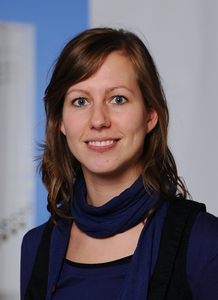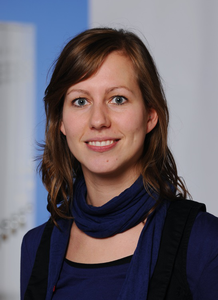Award for Meteorologist from Mainz
Max Planck Society honors Diana Rose as outstanding young scientist with the Otto Hahn Medal

The meteorologist receives the award for her pioneering work on the effect of aerosol particles on the formation of clouds. Clouds form by water molecules condensing on tiny particles in the air. However, these particles are constantly changing in size and their chemical composition of mineral dust, acids, salts, carbon black and organic substances. This makes them one of the biggest uncertainties in climate and Earth system research. As part of her doctoral thesis Rose developed new measurement techniques with which she could precisely determine the effectiveness of aerosol particles as condensation nuclei. This helps enhancing rainfall and climate forecasts.
The investigations brought the 30-year-old to very diverse terrestrial locations: from heavily polluted urban areas in China and clean air regions in the Alps into the Amazon rain forest. Currently, the mother of a two-year-old son is preparing for a measuring campaign with the HALO research aircraft. "The times of week-long campaigns being far away from home are over, but the great fun of experimental work remains undiminished." In the long term Rose would however also like to study the formation of clouds and precipitation with the help of numerical computer models.
About the Otto Hahn Medal
The Max Planck Society has honored up to 30 young scientists and researchers each year with the Otto Hahn Medal for outstanding scientific achievements since 1978. The award comes with a monetary sum of 7500 euros as recognition. The prize is intended to motivate especially gifted junior scientists and researchers to pursue a future university or research career. Since 1978, more than 800 scientists and researchers have been awarded the Otto Hahn Medal. The award is presented during the general meeting in the following year.
to the Max Planck Society
